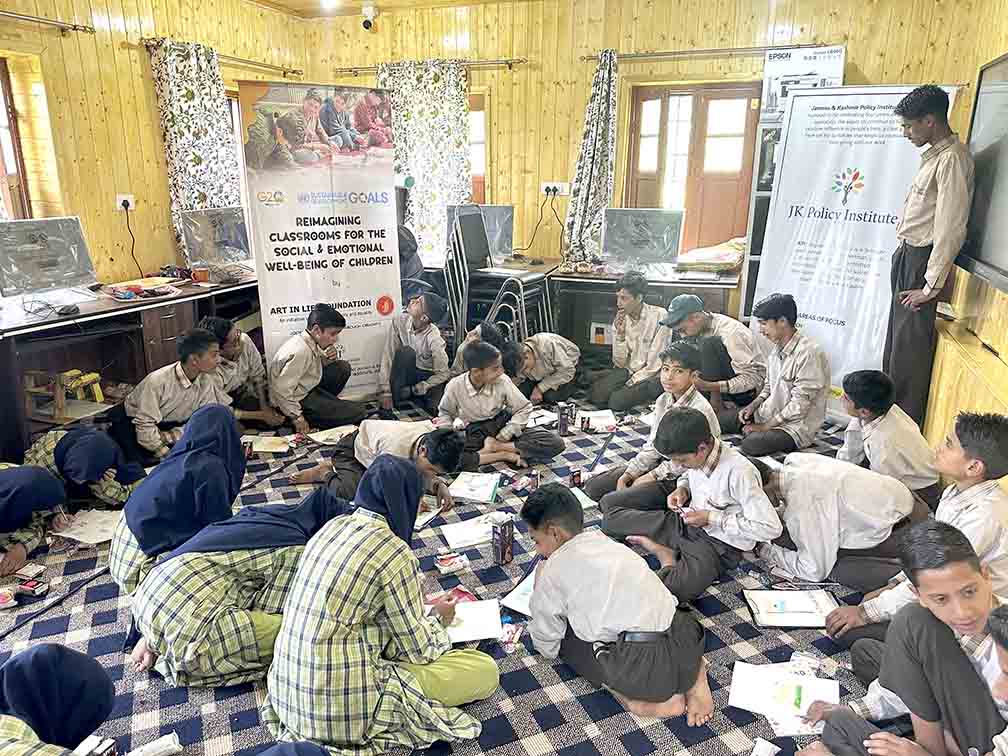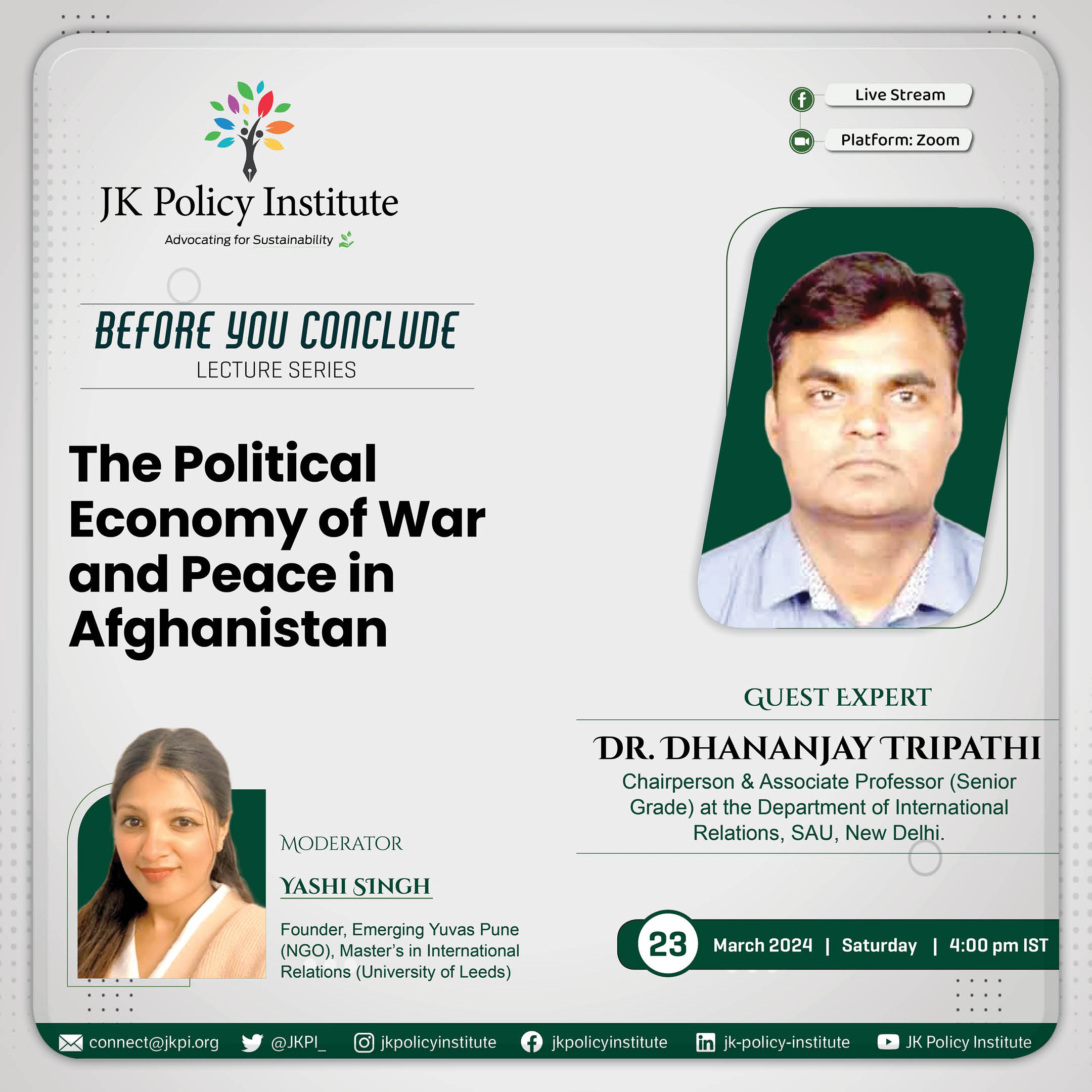Alarming rise of CSA and need of POCSO in J&K
https://www.jkpi.org/wp-content/uploads/2020/07/Child-Rights-900x675-1.jpg 900 675 JK Policy Institute JK Policy Institute https://secure.gravatar.com/avatar/ad516503a11cd5ca435acc9bb6523536?s=150&d=mm&r=gforcedefault=1During lockdown, Child Sexual Abuse in the virtual world surged exponentially, even in Jammu and Kashmir. A harsher law is in place to report and take sexual offenders to task. But what do we know about POCSO? Asks Muzamil Bashir.
read more









